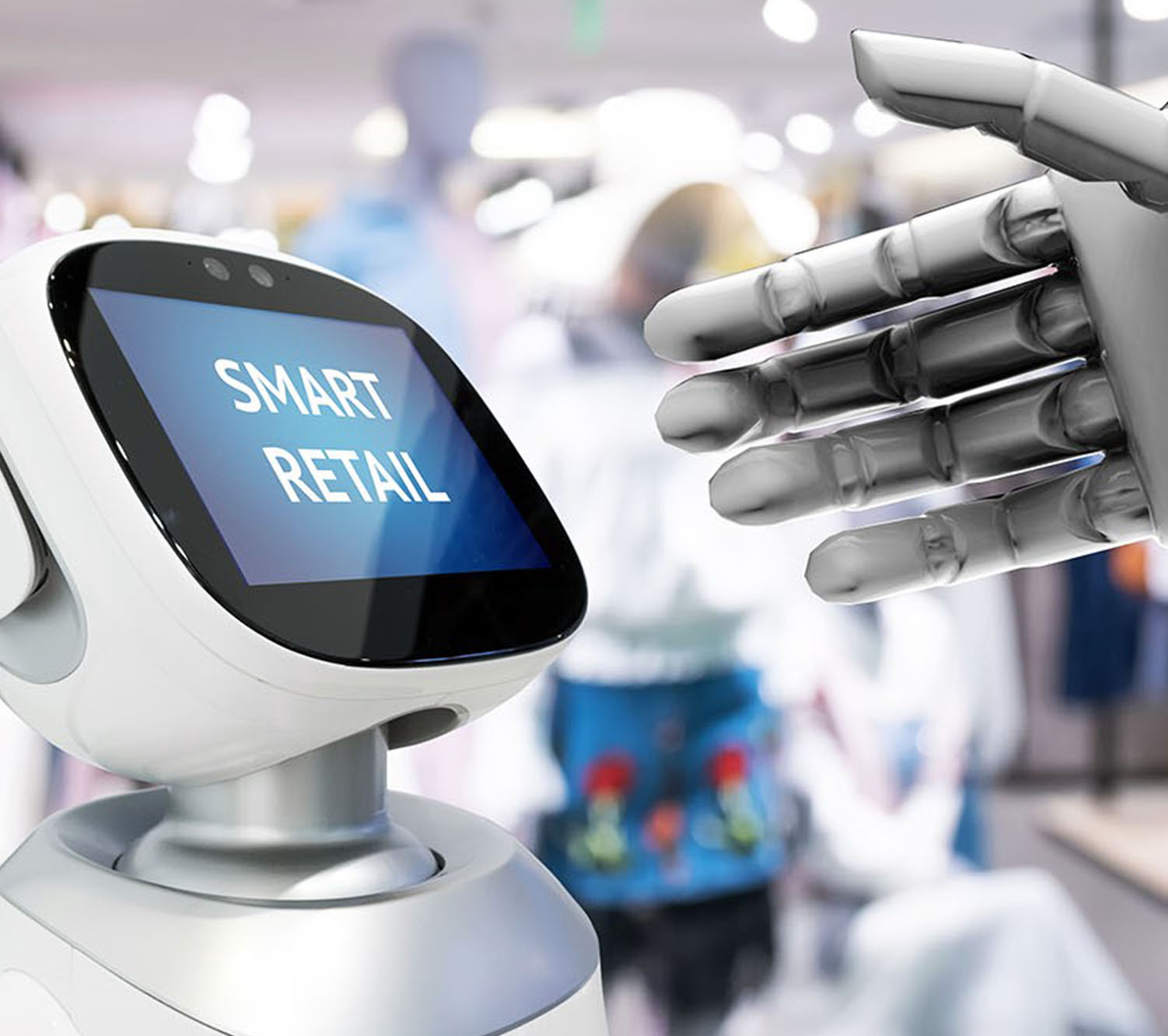- 24x7 Technical Support
- info@storeligence.com
- About Us
- Contact
AI in Retail
AI is enabling retail systems to work together to optimize customer experiences, forecasting, inventory management, and more. AI technologies like computer vision bring near-real-time intelligence to brick-and-mortar stores. That same data, when analyzed in the cloud, can provide additional business insights.

Artificial Intelligence: How AI Is Changing Retail
The digital transformation of the retail industry has been going on for years. It has increased speed, efficiency, and accuracy across every branch of retail business, thanks in large part to advanced data and predictive analytics systems that are helping companies make data-driven business decisions.
None of those insights would be possible without artificial intelligence. AI in retail has empowered businesses with high-level data and information that is leveraged into improved retail operations and new business opportunities.Artificial intelligence is a term that is thrown around in many industries. When we say AI, we mean a number of technologies, including machine learning and predictive analytics, that can collect, process, and analyze troves of data, and use that information to predict, forecast, inform, and help retailers make accurate, data-driven business decisions.
These technologies can even act autonomously, using advanced AI analytical capabilities to convert raw data collected from the IoT and other sources into actionable insights.
AI in retail also utilizes behavioral analytics and customer intelligence to glean valuable insights about different market demographics and improve many different touchpoints in the customer service sector of business



